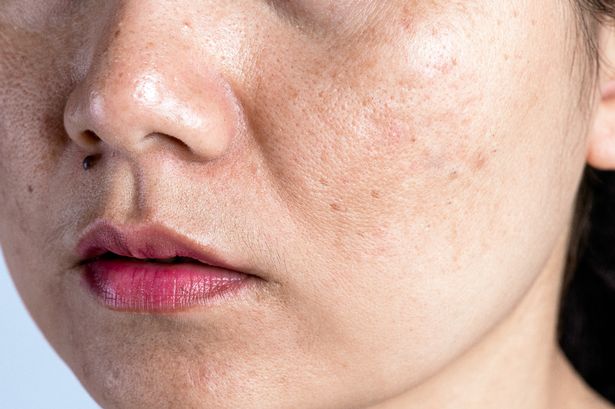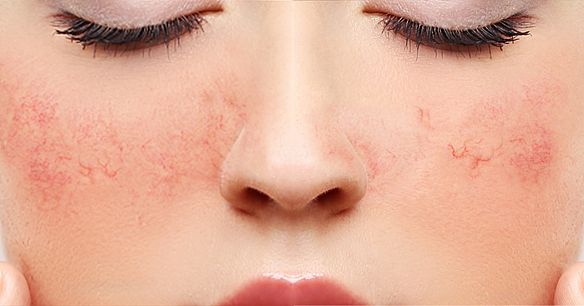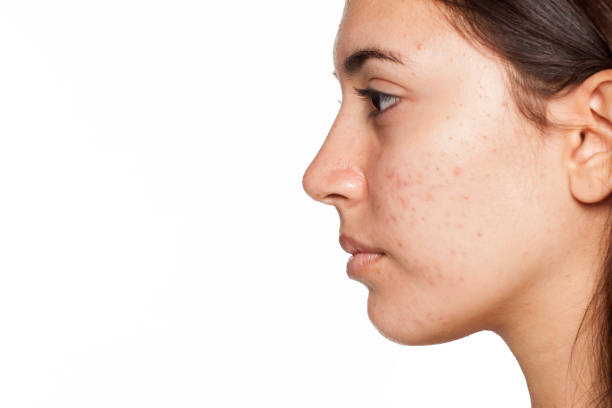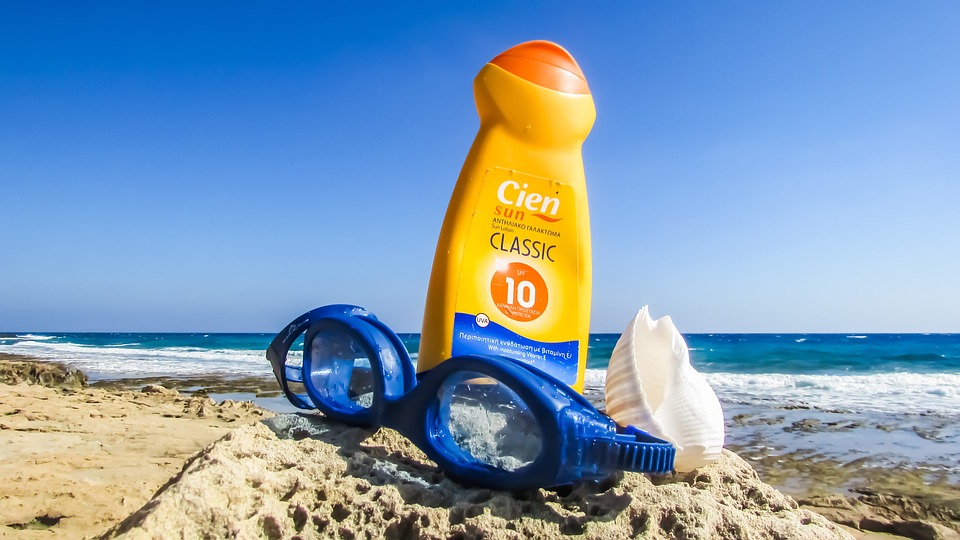The fact that you can spend a full day outdoors without getting sunburned is not a reason to skip your SPF. Prolonged and unprotected exposure to the sun’s harmful UVA and UVB rays can have severe effects, regardless of skin type or color. If you are generally reluctant when it comes to applying sunscreen, here are some of the issues that you might experience!
1) You Will Have Sunspots
Sunspots are flat, brown spots that appear on parts of skin that have been exposed to the sun. Once you start getting sunspots, they will get darker and increase in number with each UV ray that hits the skin.

2) You’ll Get Burned
Sunburns cause dandruff, swelling, redness, itching, and hives. Your skin will be weakened, making it more prone to bruising. This is due to the influence of UVB rays.
3) Premature Aging
Prolonged exposure to sun rays can cause your skin to lose moisture and its natural sebum production. As a result, you’ll start noticing undesirable things such as dry skin and wrinkles much earlier. On the other hand, people who wear sunscreen daily benefit from smoother and healthier-looking skin. If you don’t want your skin to deteriorate, investing in a good sunscreen would be a wise choice!
4) Noticeable Spider Veins
Also known as thread veins because of their small and thin lines, spider veins have varying colors and may appear on the face or legs due to extended exposure to the harmful UV rays. Too much sun exposure breaks down the collagen beneath the skin, meaning that blood vessels near the skin’s surface also get damaged and result in spider veins. Apart from being unattractive, these tiny blue, red, or purple veins can also be painful and cause other underlying health problems.

5) Severe Sunburns
Even a slight sunburn causes painful redness of the skin. Skipping daily sunscreen application makes you more prone to severe sunburns. This can cause small fluid-filled bumps or more massive blisters to develop around the exposed areas. If you notice any blisters after being out in the sun, it means you have a second-degree sunburn.
6) Skin Cancer
Each year more skin cancers are diagnosed in the United States than all other cancers combined. Skin cancer occurs in skin cells when unrecovered DNA damage creates a genetic mutation that drives the rapid multiplication of cells and forms a malignant tumor. Melanin is a natural skin pigment that helps protect the skin against cancer. Fair-skinned people with blond or red hair, blue or green eyes, and freckles usually carry less natural melanin, which leaves them at greater risk of skin cancer.
7) Scarring
Protect scars and fresh wounds from the sun. The mixture of inflammation caused by UV rays with the healing tissue around wounds may cause post-inflammatory hyperpigmentation (PIH), which can turn the scar and the surrounding skin even darker.

In small doses, the sun is essential for the body (vitamin D and all that), but it can very quickly be harmful. It causes damage to all skin types and complexions all year round, no matter where you live because UV rays are always present. Even when the sun is not visible, 80% of its UV rays will still reach your skin. This is why it’s important to slather on sunscreen even on cloudy or winter days. Don’t forget to check the expiration date before applying your sunscreen. A bottle of sunscreen should not be used for more than three years. You may be exposing your skin at risk by using the same bottle year after year.



